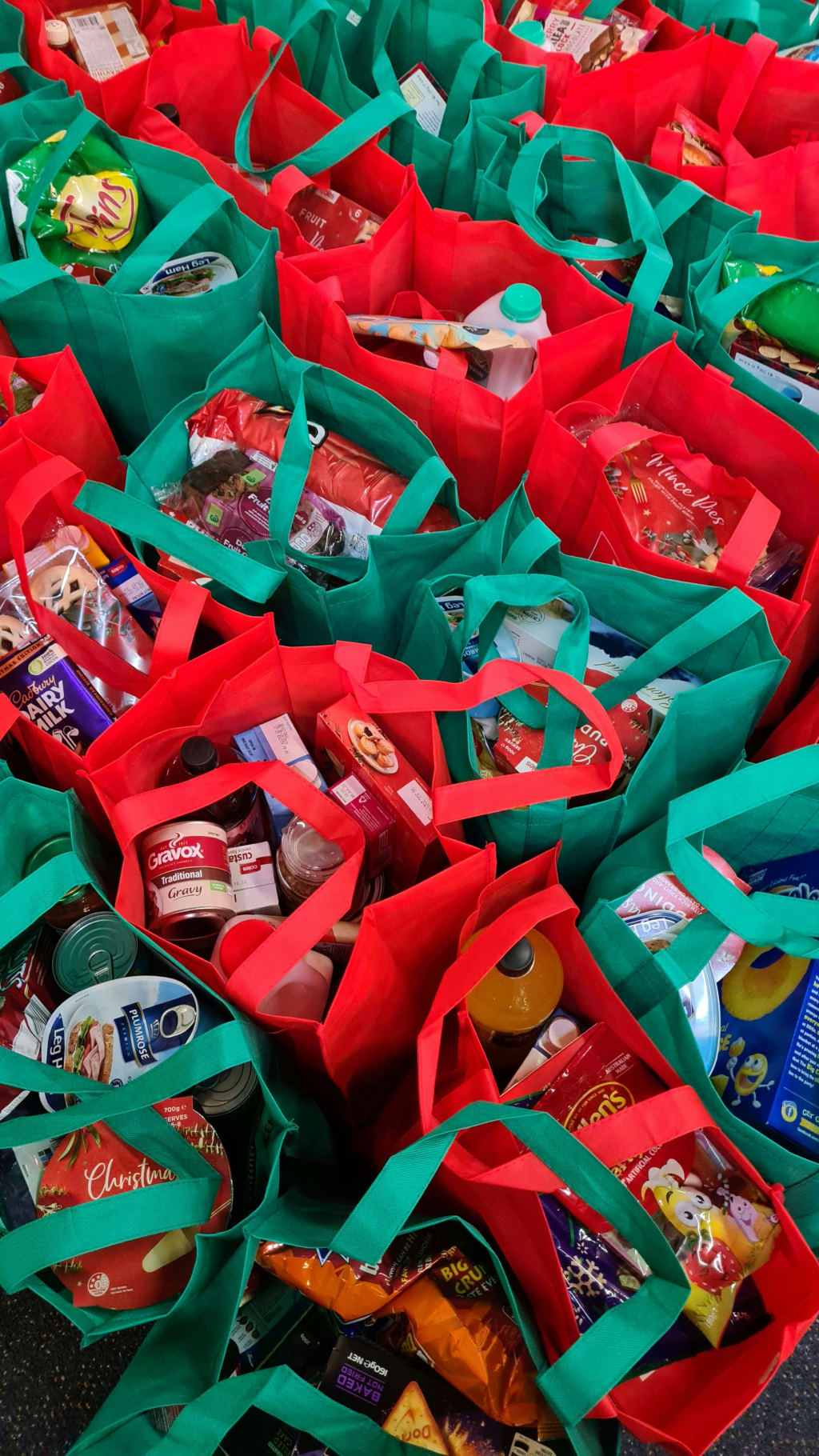The Truth Behind 10 Everyday Products You May Never Buy Again
"The Dark Side of Everyday Products: A Wake-Up Call for Conscious Consumerism"

Our daily lives are filled with products that we consume left and right. From the latest video game consoles to smartphones, we are always eager to be the first to own the latest and greatest. But, have you ever stopped to think about what goes into the items you put in your shopping cart?
Many of us don't take the time to stop and consider what we are buying and where it comes from. Unfortunately, this means that we may be unwittingly contributing to a problem that persists in almost every industry imaginable.
In this article, we'll be counting down 10 everyday products that you may never buy again once you learn how they were made.
1. Tissue and Paper Napkins
Paper napkins have become a staple in almost everyone's shopping list. However, many big paper napkin brands and manufacturers have known animal testers, using innocent creatures to test different chemicals and other things on them to make sure that it is safe for human use. While some corporations support non-animal testing methods for their products, some of them still employ the method from time to time when they have to.
2. Lotions and Skin Products
Moisturizers, petroleum jelly, and lotions are great products to keep your skin looking healthy and glowing. However, many skin care products, including makeup, are notorious for animal testing. Major corporations prioritize their consumers at the cost of an animal's well-being, and many of them end up being mistreated and harmed during testing.
3. Plastic Bags
Many plastic bags we use contain something called "slip agents," which reduce the friction in the material and prevent them from getting stuck together. Unfortunately, many plastic bags still contain animal fat as the main ingredient in its slip agent. Animal by-products are continuously being developed by manufacturers not only for use in plastic bags as additives to its composition but also – in the future – we may be seeing several other products such as disposable diapers and hospital gowns that contain keratin protein found in chicken feathers.
4. Rubber
Rubber has been one of the most important discoveries in history and serves mankind extremely well. However, the rubber industry has become such a boom in Liberia that workers are treated as expendable commodities. In 2006, a report was released when two of Liberia's major rubber plantations were at the hands of former combatants in the country's destructive civil war. The workers at the plantations were mistreated and were working as slave labor since the rubber industry in Liberia was not properly regulated and tracked.
5. Sticky Notes
Many sticky note manufacturers, including big brand corporations, have been known to test their adhesive chemicals on animals. Some of these tests are required by law in certain areas to make sure that the product is safe for human use.
6. Palm Oil
Palm oil has become an essential ingredient in many products, from cooking oil to soap. Unfortunately, the palm oil industry is responsible for deforestation, habitat degradation, climate change, animal cruelty, and indigenous rights abuses in the countries where it is produced.
7. Coffee
Coffee is one of the most popular beverages in the world. However, the coffee industry is known for its labor abuses, including child labor, forced labor, and poor working conditions. The industry also contributes to deforestation and habitat loss in many coffee-producing countries.
8. Chocolate
Chocolate is a popular treat enjoyed by many people worldwide. However, the production of cocoa, the primary ingredient in chocolate, faces several labor issues. The cocoa industry is known for exploiting children and forced labor, mainly in West African countries. Many cocoa farmers, who grow and harvest cocoa beans, earn low wages that barely cover their basic needs. Additionally, cocoa production contributes to deforestation, habitat loss, and soil degradation in many producing areas, leading to ecological imbalances.
9. Fast Fashion
Fast fashion is a term used to describe inexpensive clothing that is produced quickly to meet the demands of consumers. Unfortunately, the fast fashion industry has a history of labor abuses, including low wages, poor working conditions, and child labor. The industry also contributes to environmental degradation and pollution.
10. Water Bottle
Bottled water is a popular product, but it has significant negative impacts on the environment. The production of plastic bottles, transportation emissions, and landfill waste are all major contributors to environmental damage. Additionally, some bottled water companies source their water from environmentally sensitive areas, and some even use tap water as their source. It's important to recognize the environmental impact of bottled water and consider alternative options for staying hydrated.
It's important to be aware of the impact that our everyday products have on the environment and the people and animals involved in their production. By making more conscious choices, we can all help to create a more sustainable future.
About the Creator
Abdul Hannan Saif
Blogger | Writer | Explorer | wish to inspire, inform and help others to see fascinating discoveries and live a fulfilled life!






Comments
There are no comments for this story
Be the first to respond and start the conversation.